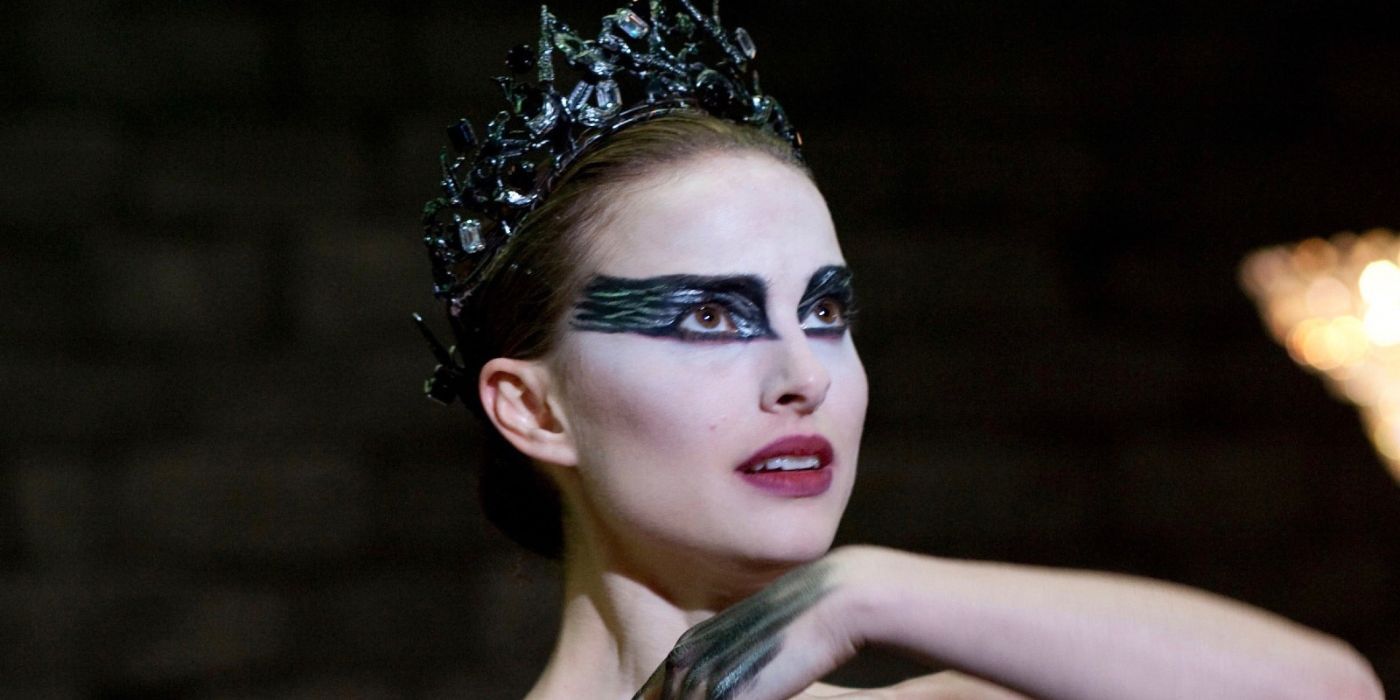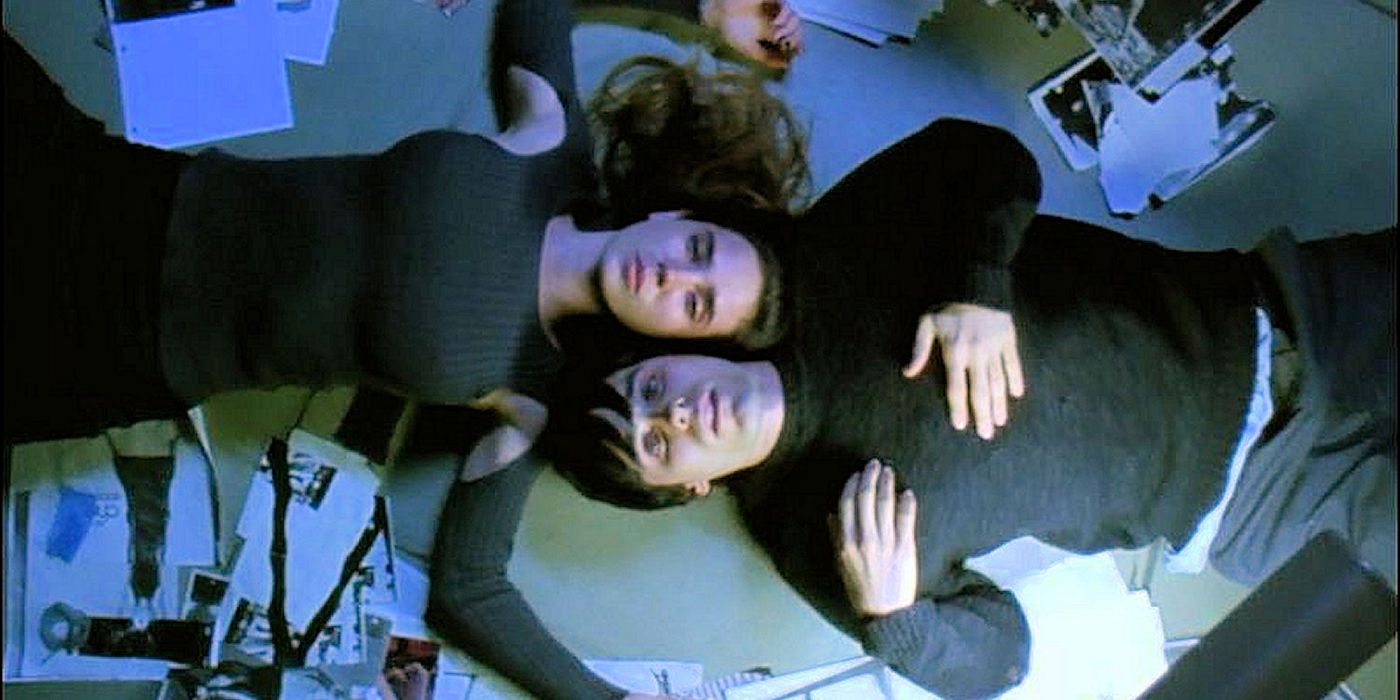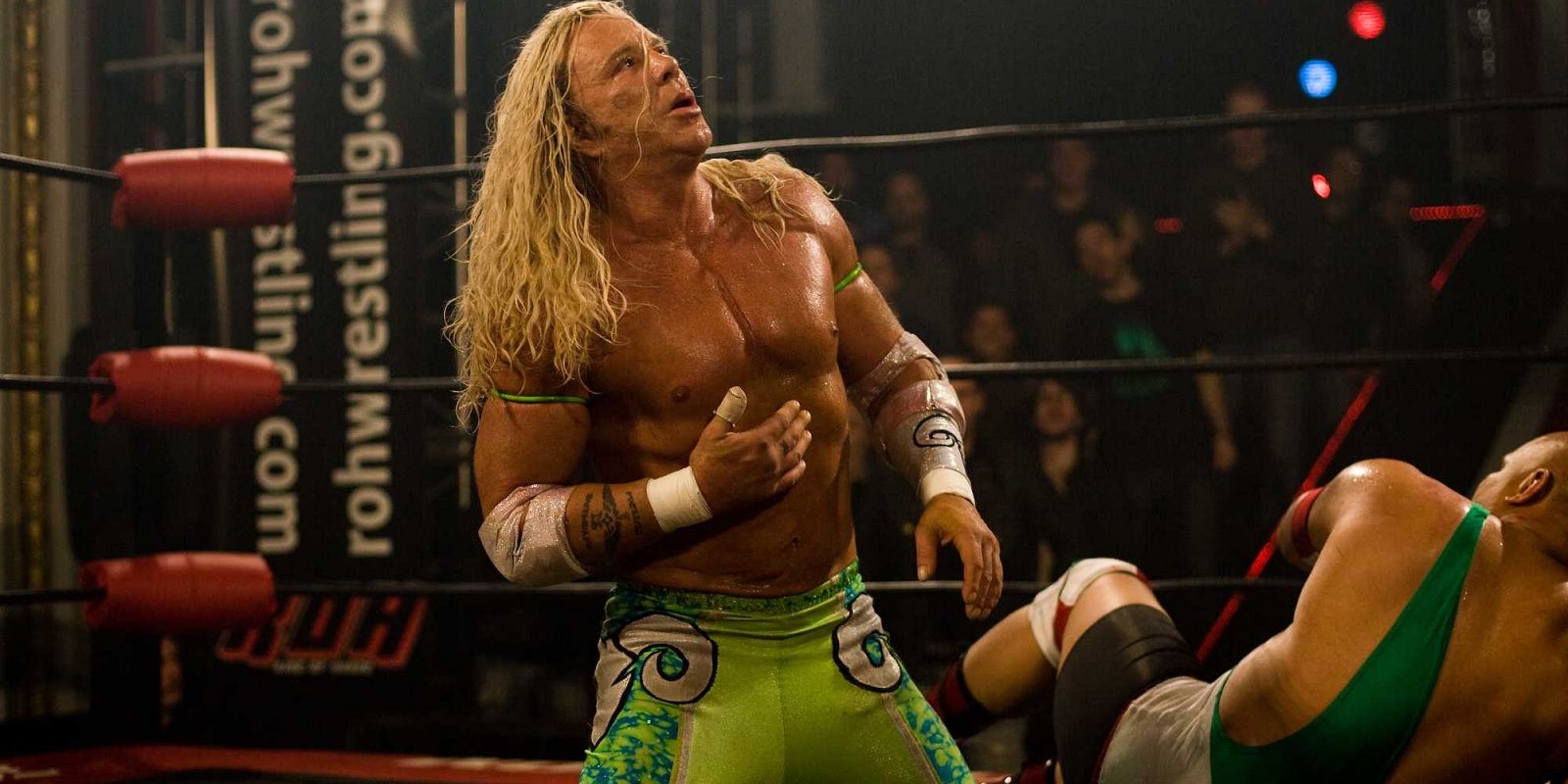Darren Aronofsky's movies are each challenging and polarizing in their own way, but one of them is definitely his best and another is certainly his worst. Starting with his debut feature, Pi, in 1998, Aronofsky has made a career out of pushing boundaries and exploring heady themes like faith, death, and the overall meaning of life itself. Though some of his movies were commercial and critical failures, the writer/director has earned a loyal fanbase that fully taps into his specific storytelling style. Few Hollywood directors are able to establish as clear a vision as Aronofsky has, particularly while also making movies that each have their own distinct identity as well.
With Pi, Aronofsky garnered attention for creating one of the scariest modern black-and-white horror movies. The filmmaker immediately struck a chord with fans, and he was able to follow his debut feature in just a few short years, and continue to direct well into the 2020s. In all, Aronofsky has directed eight feature films so far, and though they each share similar themes, they stand on their own in many ways as well. Aronofsky's movies are made to challenge the audience, and though some are thought to have pushed things too far, they each have held powerful sway over moviegoers.
8 The Fountain (2006)
Released in 2006, Darren Aronofsky's The Fountain immediately polarized critics and was considered a commercial failure. The sci-fi/fantasy epic tells the story of a romance across lifetimes, and it spans centuries of human history. Many of The Fountain's behind-the-scenes stories point to a troubled production, and the jumbled mish-mash of ideas don't play out well on screen. Though the movie has gained a cult following in the years since its release, it only grossed $16 million against its reported budget of $35 million (via Box Office Mojo). Though it's a tight 90 minutes long, The Fountain fails to cohesively embody Aronofsky's lofty ideas.
7 Mother! (2017)
By mid-2010s, Darren Aronofsky had earned his reputation as a confrontational storyteller, but that didn't help the bitter pill that was Mother! go down any easier. In the allegorical film, the plot follows a young mother (Jennifer Lawrence) whose tranquil life is interrupted by the sudden arrival of unwanted guests. Though the true meaning of Mother! is left to interpretation, the movie's overt violence and the difficult subject matter turned off some viewers. Critics were kinder in general, but its negligible box office returns of $44 million (via Box Office Mojo) told a different story. The film controversially received three Golden Raspberry nominations, despite the critical praise.
6 The Whale (2022)
The feel-good story surrounding Brendan Fraser's comeback in 2022's The Whale was enough to give the movie a bump, but it was nevertheless another polarizing outing for Darren Aronofsky. The story concerns a morbidly obese English professor (Fraser) whose heart failure diagnosis spurs him to reconnect with his estranged daughter (Sadie Sink). Immediately sparking outrage for its demonizing portrayal of the obese, Fraser's stunning performance nevertheless earned high marks. Overall, the critical response was mixed, but Fraser scored a Best Actor nomination at the Oscars despite The Whale's controversial nature. The movie was a surprise box office success and grossed $31 million (via Box Office Mojo).
5 Noah (2014)
Noah was Darren Aronofsky's first attempt at a blockbuster, and he literally explored his themes of faith through the titular hero. Drawing from Biblical and non-Biblical sources, the movie sees Noah (Russell Crowe) build his famous ark to avoid the wrath of God's flood. From its whitewashing of characters to its controversy within religious communities, Noah struck a sour note with many groups, but it was nevertheless mostly warmly received by critics. The enormous scale of the movie is reminiscent of the Biblical epics of Old Hollywood, and it was Aronofsky's most profitable release, grossing over $300 million (via Box Office Mojo).
4 Pi (1998)
Darren Aronofsky came on the scene with his ideas fully fleshed out when his debut feature Pi was released in 1998. A well-written movie with poor production value, Pi follows an obsessed mathematician (Sean Gullette) who seeks to find an underlying order to the world through numbers. Touching on topics that Aronofsky would return to frequently, Pi asks big questions about the nature of life. Though its technical execution was quite flawed, the story was complex, and the movie even earned Aronofsky the Directing Award at the Sundance Film Festival. Other Aronofsky movies would be larger in scale, but Pi comes close to encapsulating the director's ideas most succinctly.
3 Black Swan (2010)
Though it drew the ire of professional ballerinas for its unrealistic and unflattering portrayal of their profession, Black Swan is nevertheless one of Natalie Portman's better horror movies. The story centers on Nina (Portman) a dancer in a production of Tchaikovsky's Swan Lake who cracks under the pressure of playing her roles. Black Swan uses dance as a platform to explore its ideas, and the horror of the movie comes from the internal struggle within Nina and how it manifests in the real world. The movie was a massive box office hit, grossing $300 million (via Box Office Mojo), and it earned five Oscar nominations, with Portman winning Best Actress.
2 Requiem For A Dream (2000)
Not letting up after his 1998 debut, Darren Aronofsky's sophomore outing, Requiem for a Dream, truly established him as a challenging filmmaker with its release two years later. The movie follows four people in the grips of drug addiction and chronicles their downward spirals. Critics praised the performances in Requiem for a Dream, and recognized it as an intentionally difficult-to-watch yet visually pleasing spectacle. Unflinching in its approach, the movie's dourness turned off some moviegoers, but its reputation as a classic grew in the ensuing decades. Ellen Burstyn was nominated for Best Actress at the Oscars, but it was largely ignored for other major awards.
1 The Wrestler (2008)
Darren Aronofsky's movies aren't known for their accessible nature, but his 2008 character drama The Wrestler is a rare exception. In the movie, an aging professional wrestler (Mickey Rourke) continues to put on matches despite his failing health. Rourke's comeback was the emotional heart of the movie, and its straightforward plot made it more broadly appealing than Aronofsky's other films. Professional wrestling is used as a backdrop to make commentary on the nature of life in general, and The Wrestler's ending is ultimately left open-ended. Rourke and co-star Marisa Tomei each earned Oscar nominations, and the movie grossed an impressive $44 million against a tiny budget (via Box Office Mojo).

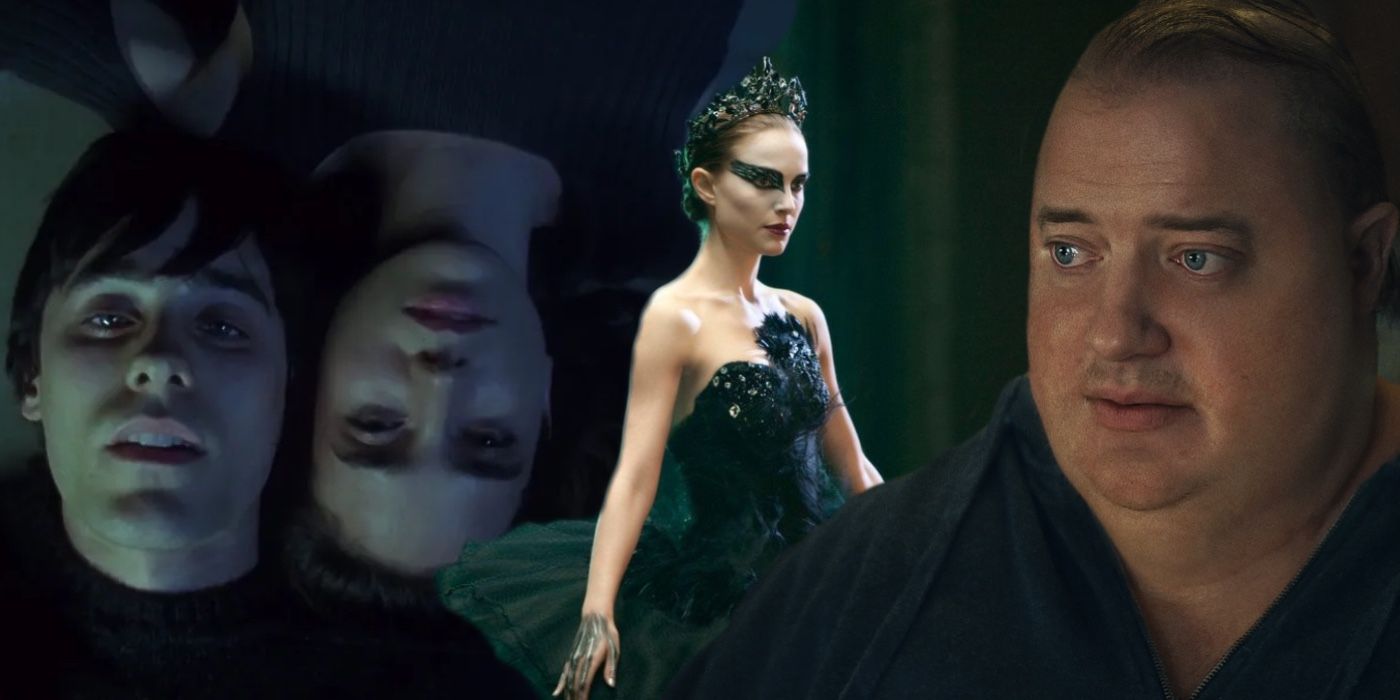
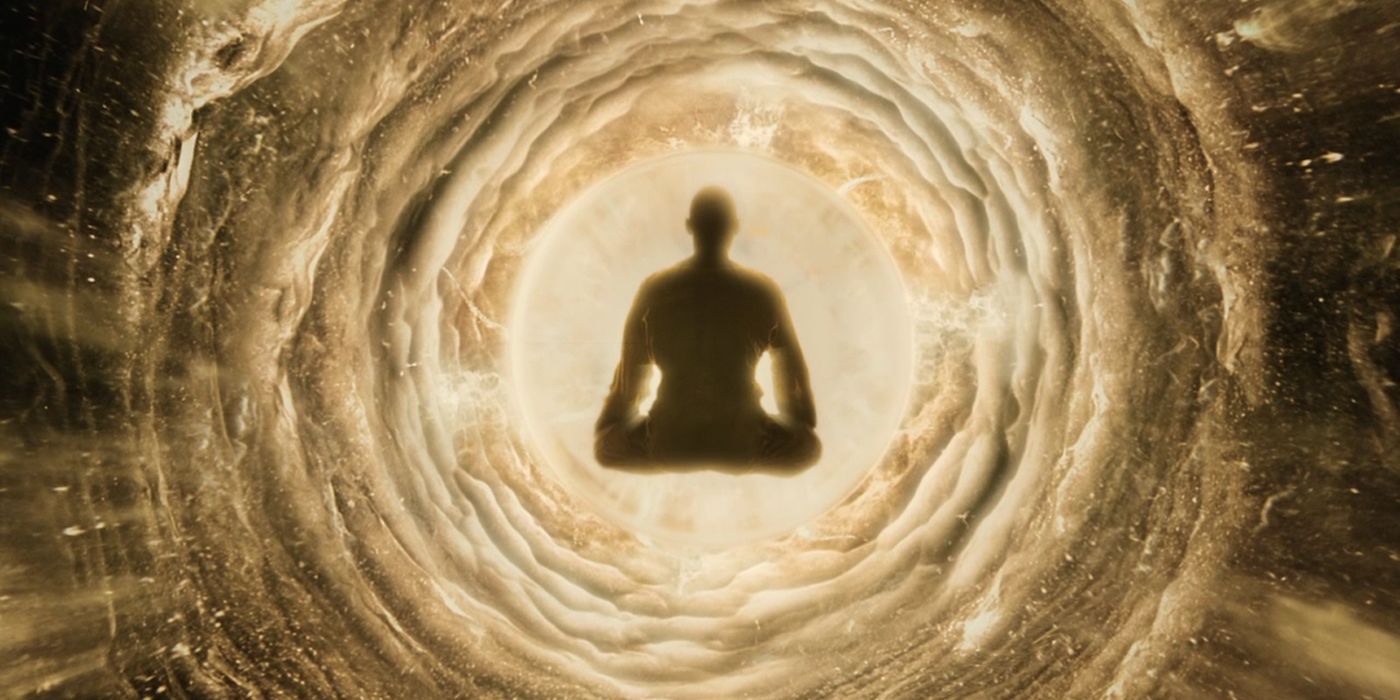
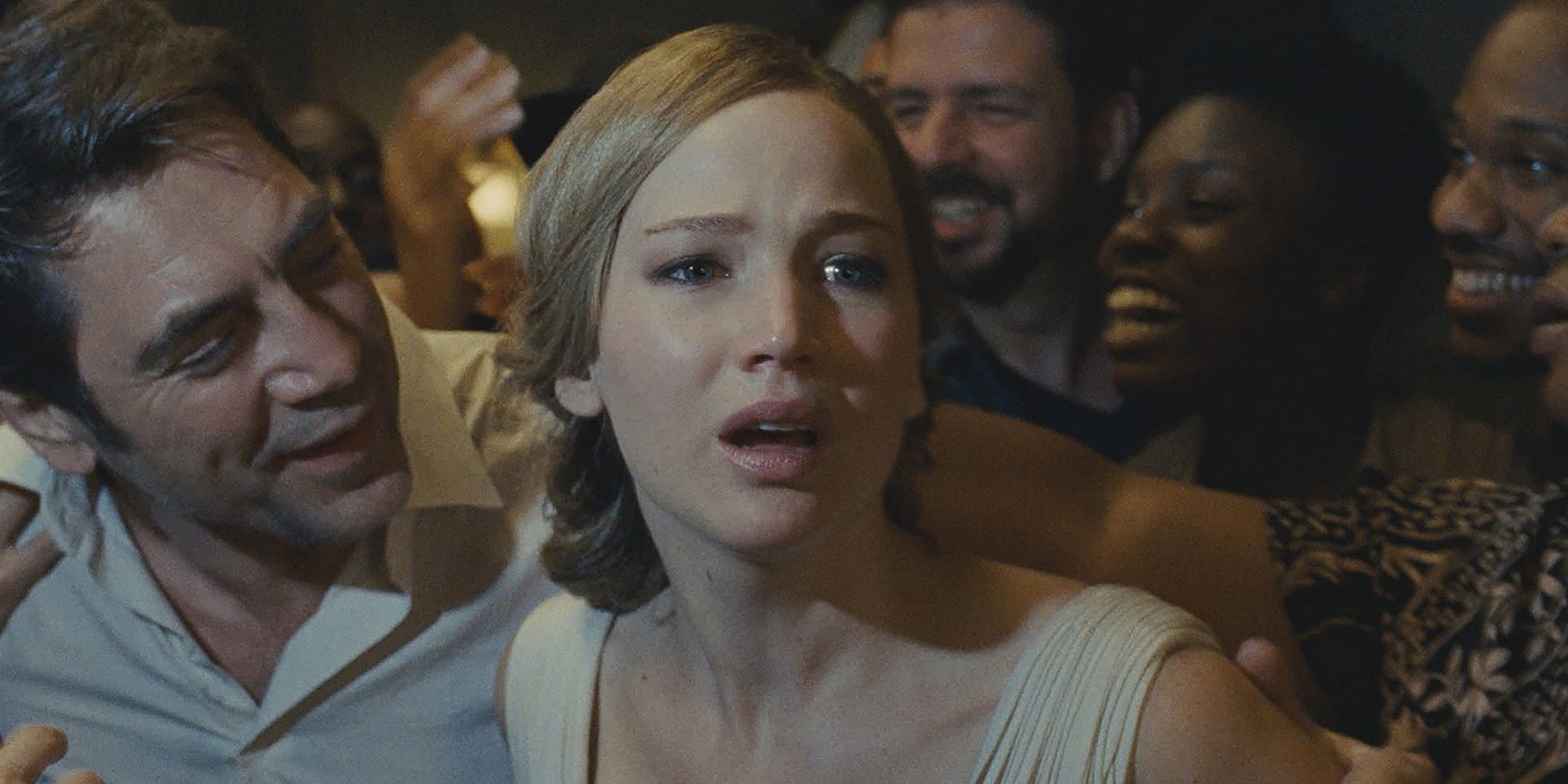
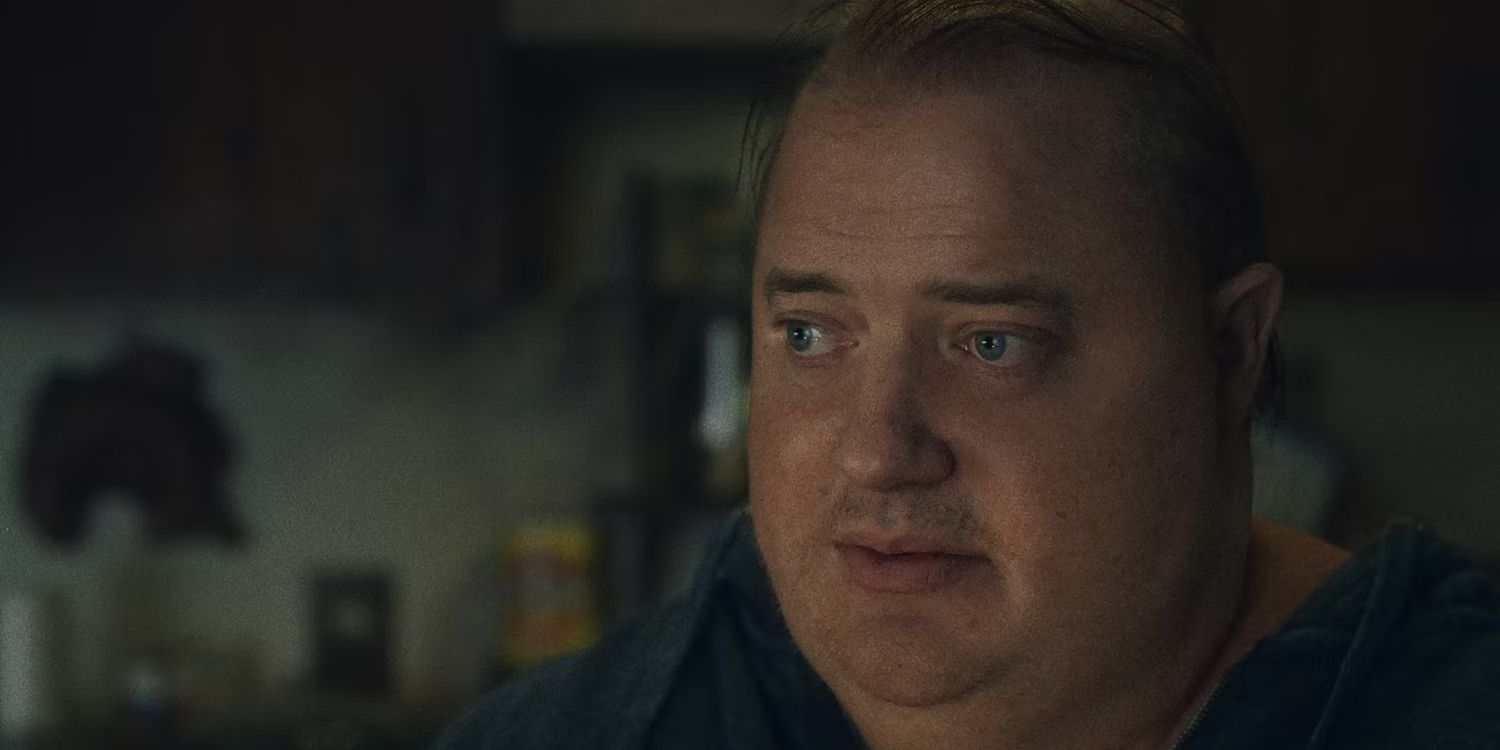
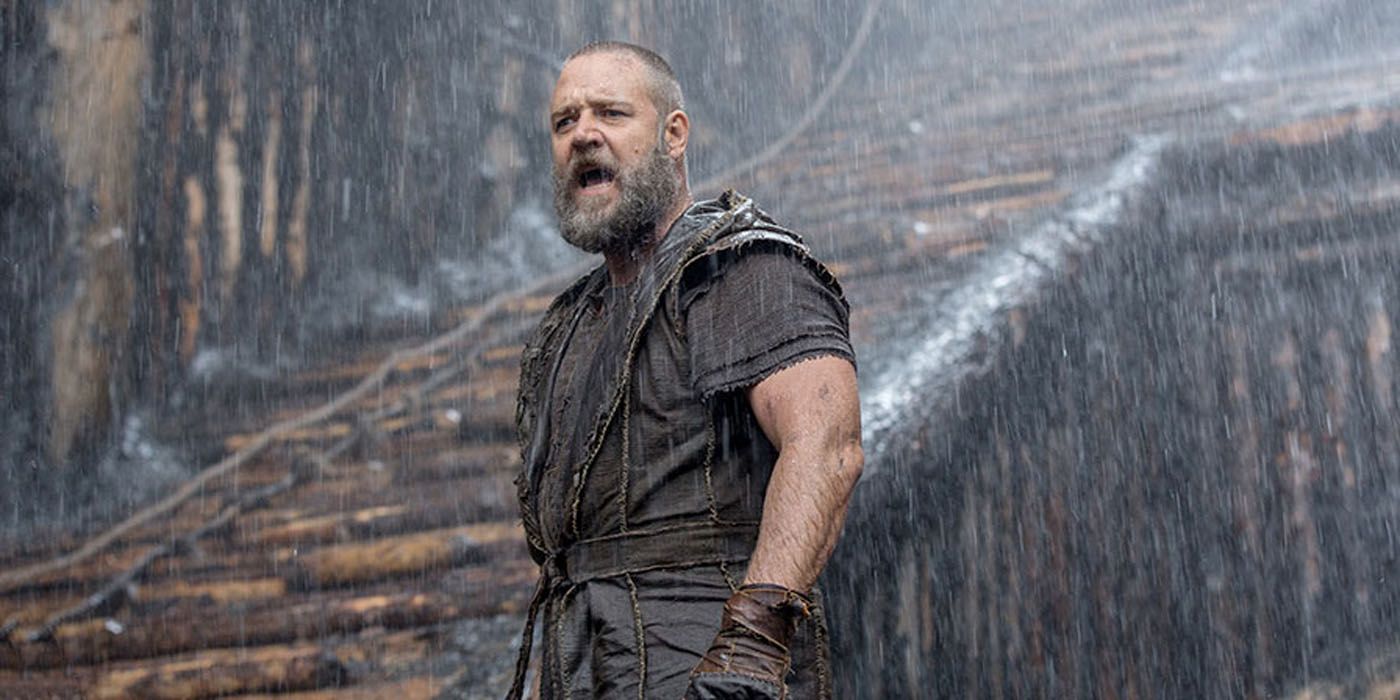
.jpg)
